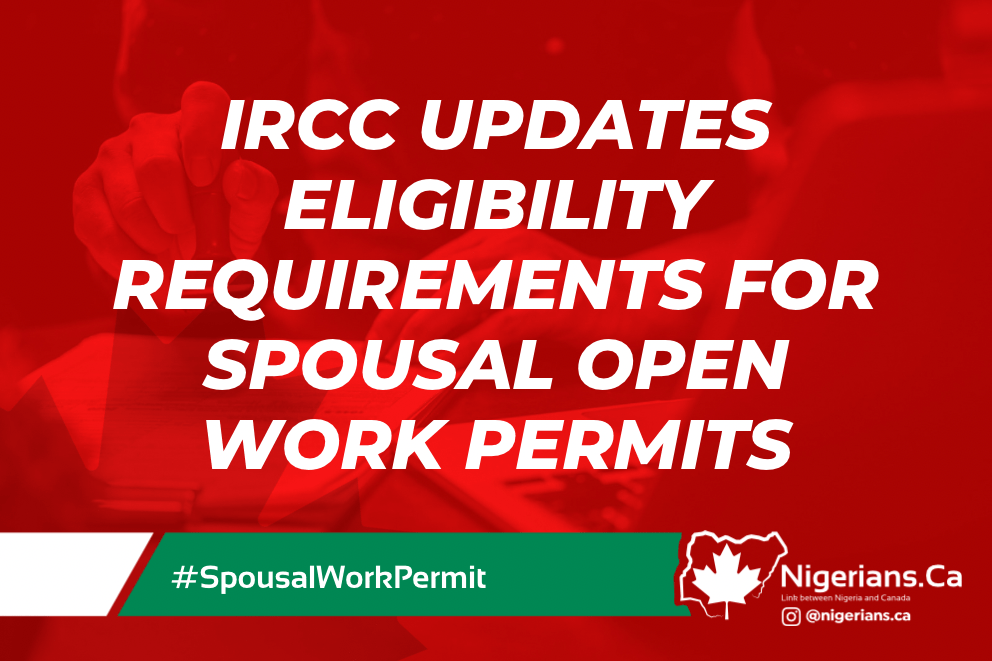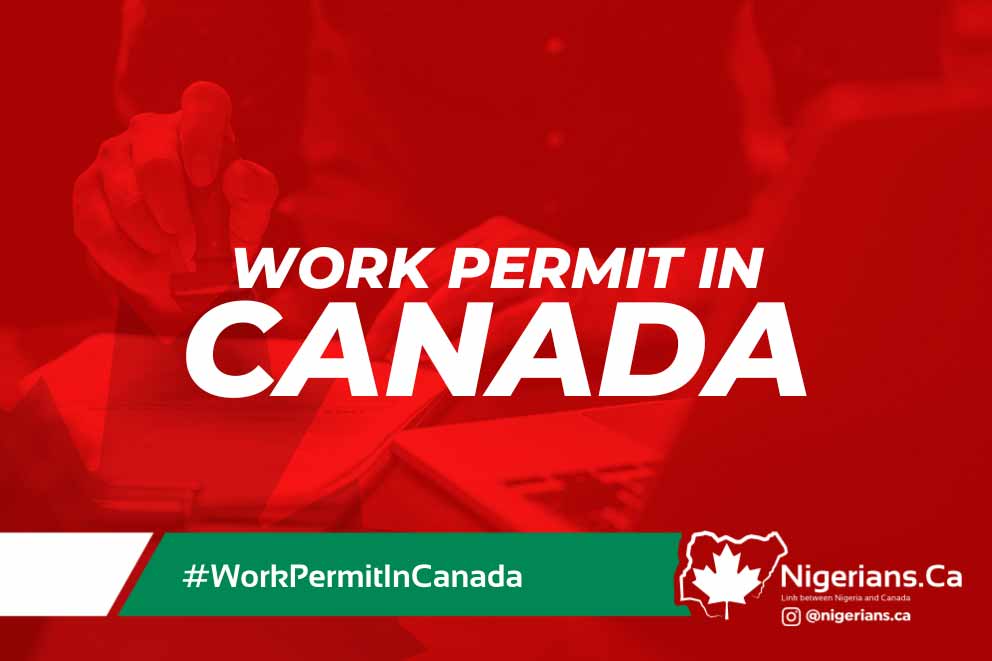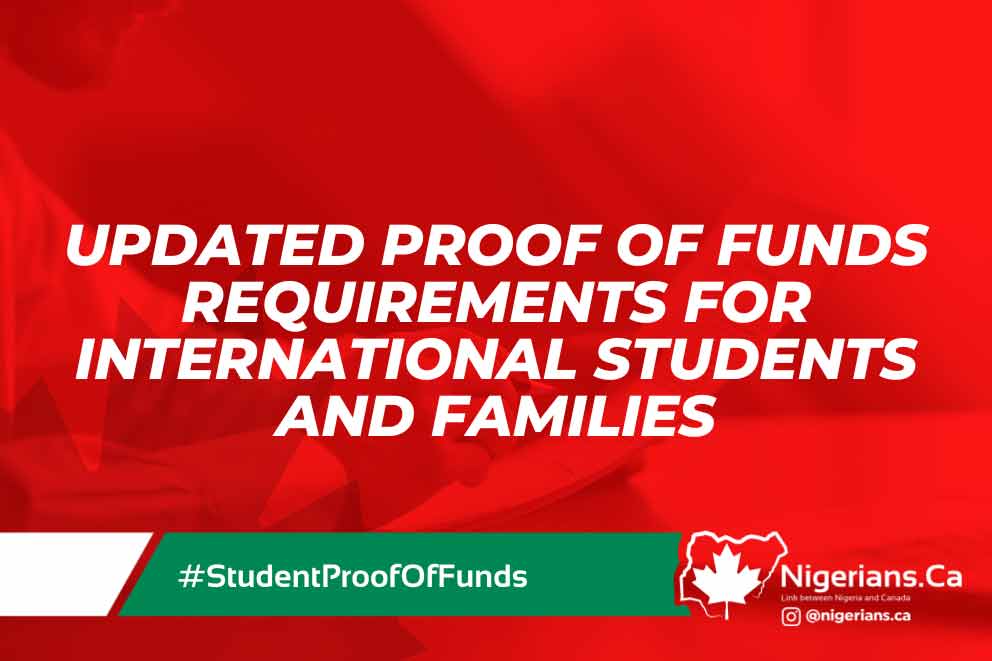Immigration, Refugees, and Citizenship Canada (IRCC) has provided additional information regarding alterations to the eligibility criteria for Spousal Open Work Permits (SOWP).
Effective January 22, 2024, IRCC implemented several amendments to Canada's international student program. Notably, the IRCC declared that spouses of international students enrolled in undergraduate and college programs would no longer qualify for SOWPs.
As of March 19, individuals in relationships with international students are eligible for a SOWP only if their partner is enrolled in a master’s or doctoral degree program at a university or polytechnic institution in Canada.
There are exceptions for partners or spouses of undergraduate students. Partners of undergraduate students pursuing specific professional degree programs at a university remain eligible to apply for a SOWP. These programs include:
Doctor of Dental Surgery (DDS, DMD) Bachelor of Law or Juris Doctor (LLB, JD, BCL) Doctor of Medicine (MD) Doctor of Optometry (OD) Pharmacy (PharmD, BS, BSc, BPharm) Doctor of Veterinary Medicine (DVM) Bachelor of Science in Nursing (BScN, BSN, BNSc) Bachelor of Education (B. Ed.) Bachelor of Engineering (B. Eng., BE, BASc) Applicants for an SOWP must furnish documentation demonstrating their relationship to the student and evidence of their partner’s enrollment in a degree-granting program. Acceptable proofs include a valid Letter of Acceptance (LOA) from a Designated Learning Institution (DLI), a proof of enrollment letter from the DLI, or transcripts from the partner’s current program.
For those who have already submitted their applications, IRCC maintains eligibility if the partner possesses a valid study permit, qualifies for a post-graduation work permit (PGWP), or is a full-time student at specified types of educational institutions.
What if you’re not eligible?
Spouses and partners of international students who are no longer eligible for a SOWP can pursue alternative work permits or a visitor visa (TRV). However, visitors to Canada are prohibited from engaging in employment.
A SOWP enables holders to work for nearly any employer in Canada and supports the IRCC's objective of facilitating family reunification. Nevertheless, Immigration Minister Marc Miller indicated during a comment to the Standing Committee on Citizenship and Immigration (CIMM) on February 28 that the issuance of SOWPs would be restricted to partners and spouses of master’s and PhD students to address concerns regarding volume and integrity within a domain that was perceived to be subject to exploitation and lacking legitimacy.





